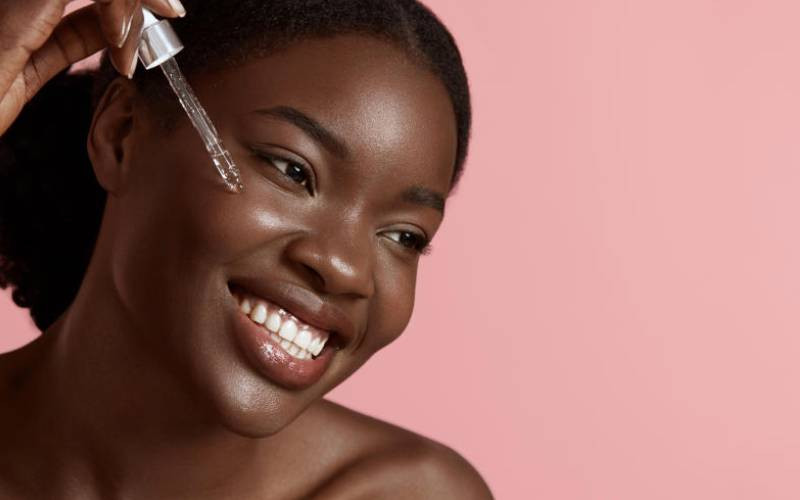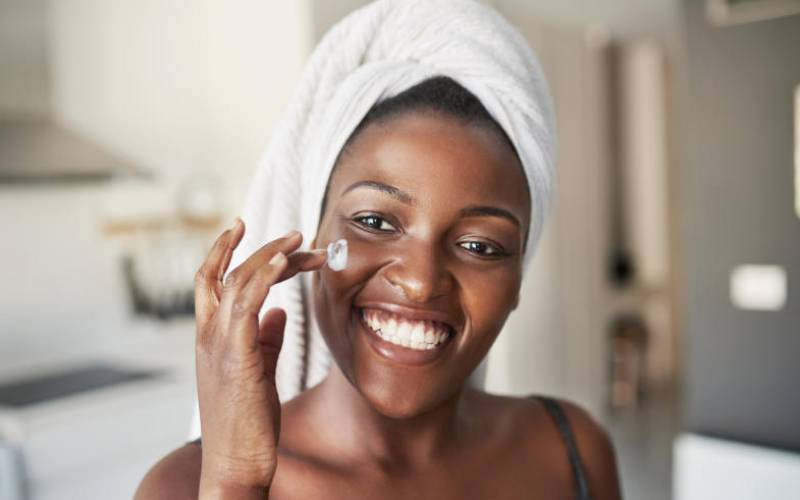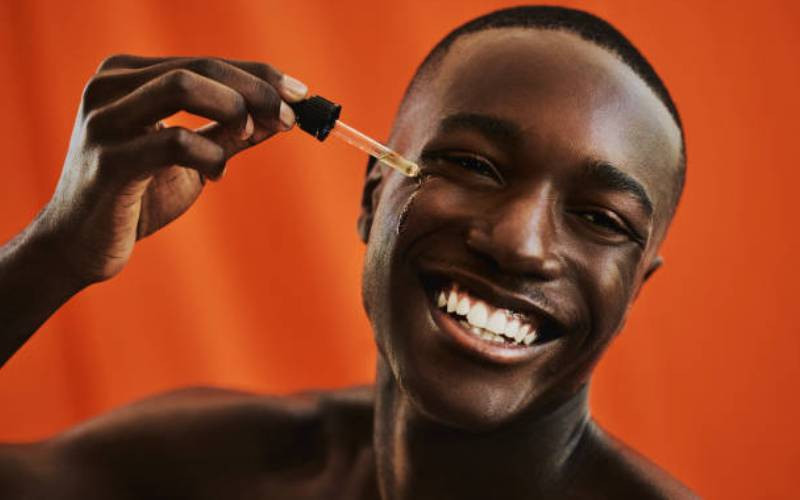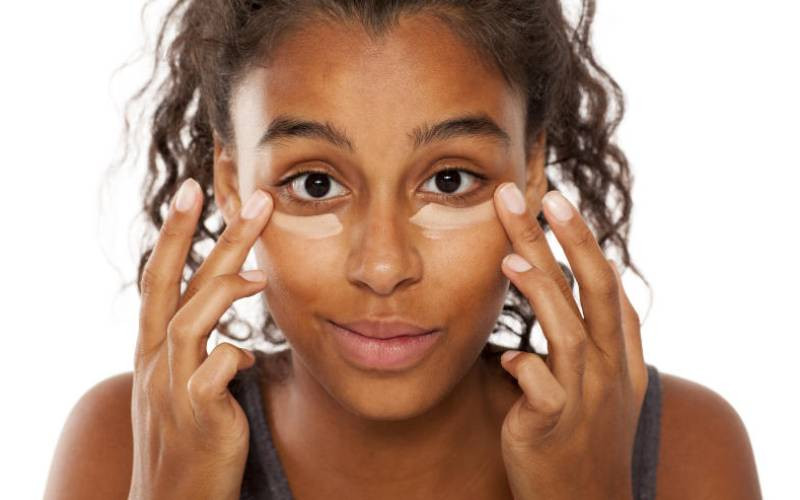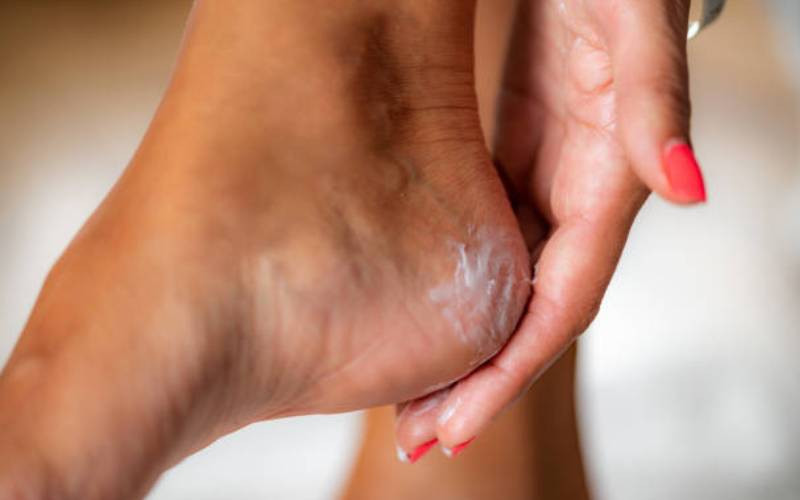
If you keep wondering why you keep breaking out in certain areas of your face, we may have the answer for you.
While some causes may be due to certain habits like on the side you mostly sleep on, there is more to it.
Before we break it down, one thing needs to get out of the way first. If you have been doing some homework online, chances are you have come across face mapping.
Coming from ancient Chinese medicine, face mapping links acne according to where they mostly occur on the face to a health issue deep inside the body.
Well, turns out there is very little scientific evidence to support the theory that cheek acne could be a result of a problem with your liver and many other concerns that have been tossed out there.
That said, acne is triggered by many factors such as hormonal changes, diet or even stress. But what causes acne is thought to be a rise in androgen levels combined with pores that have been blocked by oil, bacteria, dead skin cells and dirt.
So, let’s take a look at what’s causing those annoying pimples on your face.
CheeksAlthough there is no definite cause, doctors attribute cheek acne to various possible causes. It could be due to genetics, bacteria transference from your phone or touching your face with dirty hands.
For other women, it could be caused by frequent use or an allergy to cosmetic products. Acne cosmetica can appear as small bumps on the cheek, forehead and chin.
To avoid cheek breakouts, clean your phone frequently and sleep on clean bedding.
ForeheadIf you have oily skin chances are, you’re battling with this type of acne. If you continue to have recurrent breakouts, moisturizing or oil-based hair products could be the culprits.
Hair products have pore clogging ingredients like sodium lauryl sulfate and coconut oil which can clog the pores and cause pomade acne.
Another cause of forehead acne is a type of fungus called pityrosporum or Malassezia caused by yeast that falls from the scalp and gets trapped in the pores along the hairline when excess sweat and oil accumulate. A sulfur-based wash or dandruff shampoo may help with this.
Seborrheic dermatitis may also clog your pores with flakes however a zinc pyrithione soap or ketoconazole shampoo may help with your greasy, flaky scalp.
ChinIf your skin’s oil glands are overreacting to hormonal responses which can be triggered by stress, excessive sugar and dairy or fluctuating hormones during that time of the month, this could be why your breaking out on the jawline area.
However, not all scientists are convinced that hormonal fluctuations may be the reason.
Whatever the case may be, birth control pills have been approved for treating this type of acne or spironolactone a medication used to treat high blood pressure that has been prescribed by dermatologists to treat acne and excess hair growth in women.
You should also avoid touching that area with dirty hands, cleanse, exfoliate and reduce your sugar and dairy intake.
Nose areaIf you have blackheads on this area of your face chances are trapped oil and skin cells in your clogged pores have been exposed to the air.
Super oily skin also tends to be a culprit and is made worse by the sebaceous glands which are more concentrated their than on other parts of the face.
To avoid exacerbating nose acne avoid touching and picking the blackheads. Use a gentle exfoliator with ingredients such as salicylic acid, glycolic acid or lactic acid to unclog the pores.
 The Standard Group Plc is a multi-media organization with investments in media platforms spanning newspaper print
operations, television, radio broadcasting, digital and online services. The Standard Group is recognized as a
leading multi-media house in Kenya with a key influence in matters of national and international interest.
The Standard Group Plc is a multi-media organization with investments in media platforms spanning newspaper print
operations, television, radio broadcasting, digital and online services. The Standard Group is recognized as a
leading multi-media house in Kenya with a key influence in matters of national and international interest.

